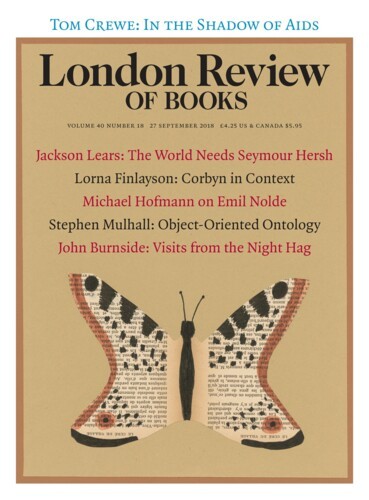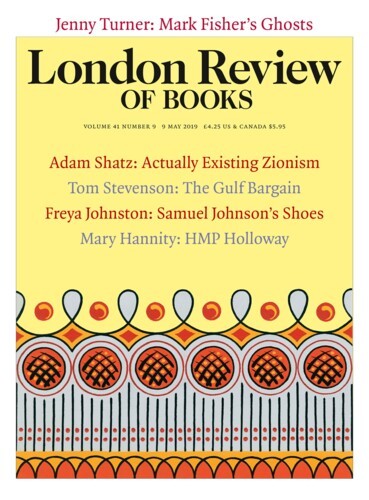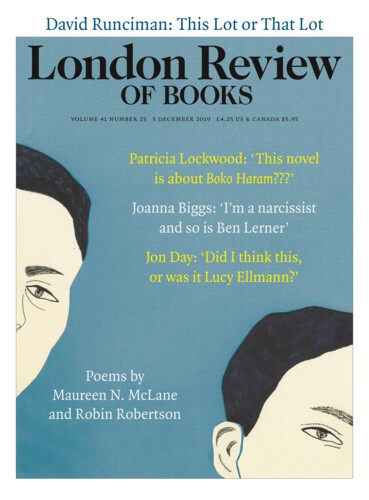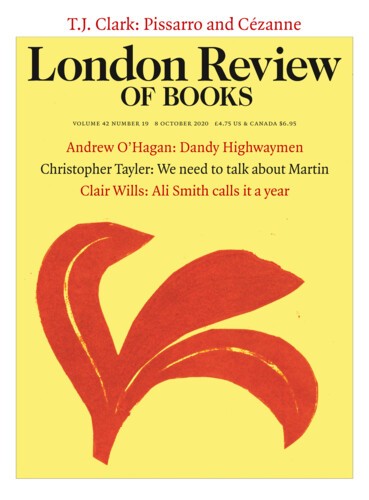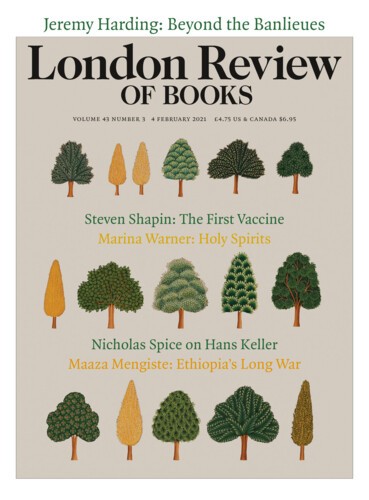Miss Joy and Mrs Hayter: Anna Letitia Barbauld
Freya Johnston, 27 September 2018
She started off with A and ended up at B: born in 1743 as Miss Aikin, Anna Letitia died in 1825 as Mrs Barbauld. Poet, editor, biographer, essayist, pamphleteer and children’s writer, she was once known only for finding ‘The Rime of the Ancient Mariner’ improbable. Many of her poems were lost: one survives only in the form of its title, but even that scrap –...
